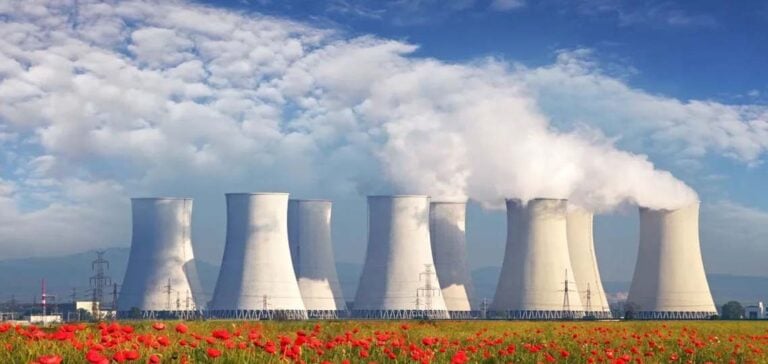The reform of the European Electricity Market remains a debate for Germany and France. Indeed, Germany’s Minister for Economic Affairs, Robert Habeck, has stressed that, despite the progress made, there is still some way to go to reach an agreement.
The Nuclear Energy Question
According to the German minister, the heart of the dispute between the two countries does not lie in the question ofnuclear energy, which is banned in Germany but remains central to France. “We have been able to agree on a common path and on how to proceed, but (…) we have not yet come the necessary distance,” said Mr. Habeck at a press conference.
A Crucial Issue
Electricity market reform in Europe is a critical issue, closely linked to the energy bills of households and businesses throughout the European Union. A Franco-German government seminar in Hamburg earlier this week addressed this crucial issue. According to Mr. Habeck, the disagreement has “for once nothing to do with the form of energy, whether nuclear or renewable”, but concerns “the organization of the market in both countries.”
The German model is based on private electricity market players, who must earn in the market what they invest. On the other hand, the French model is based on the state-owned EDF group, which has debts of almost €65 billion, an approach that would be hard to imagine for large German companies, explains the Minister.
Germany’s concerns
Germany fears distortions of competition with France if regulatory mechanisms are not included in the reform, he explained. The European Commission is proposing the development of a mechanism of long-term contracts between producers of low-carbon electricity and governments, with the latter guaranteeing a fixed price to the former, with financial compensation in the event of market prices falling below the agreed tariff.
The Way of Clarification
Mr. Habeck stresses the need to clarify the role of a public group which, thanks to state guarantees, can achieve what a market economy system cannot. Germany is also calling for stricter controls on the redistribution of income from these long-term contracts.
In talks with Olaf Scholz earlier this week, French President Emmanuel Macron announced that Paris and Berlin had set themselves the target of reaching an agreement by the end of the month.






















